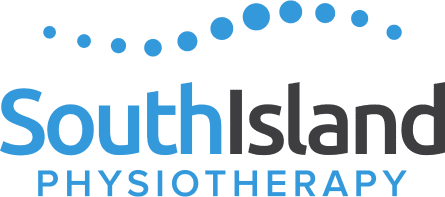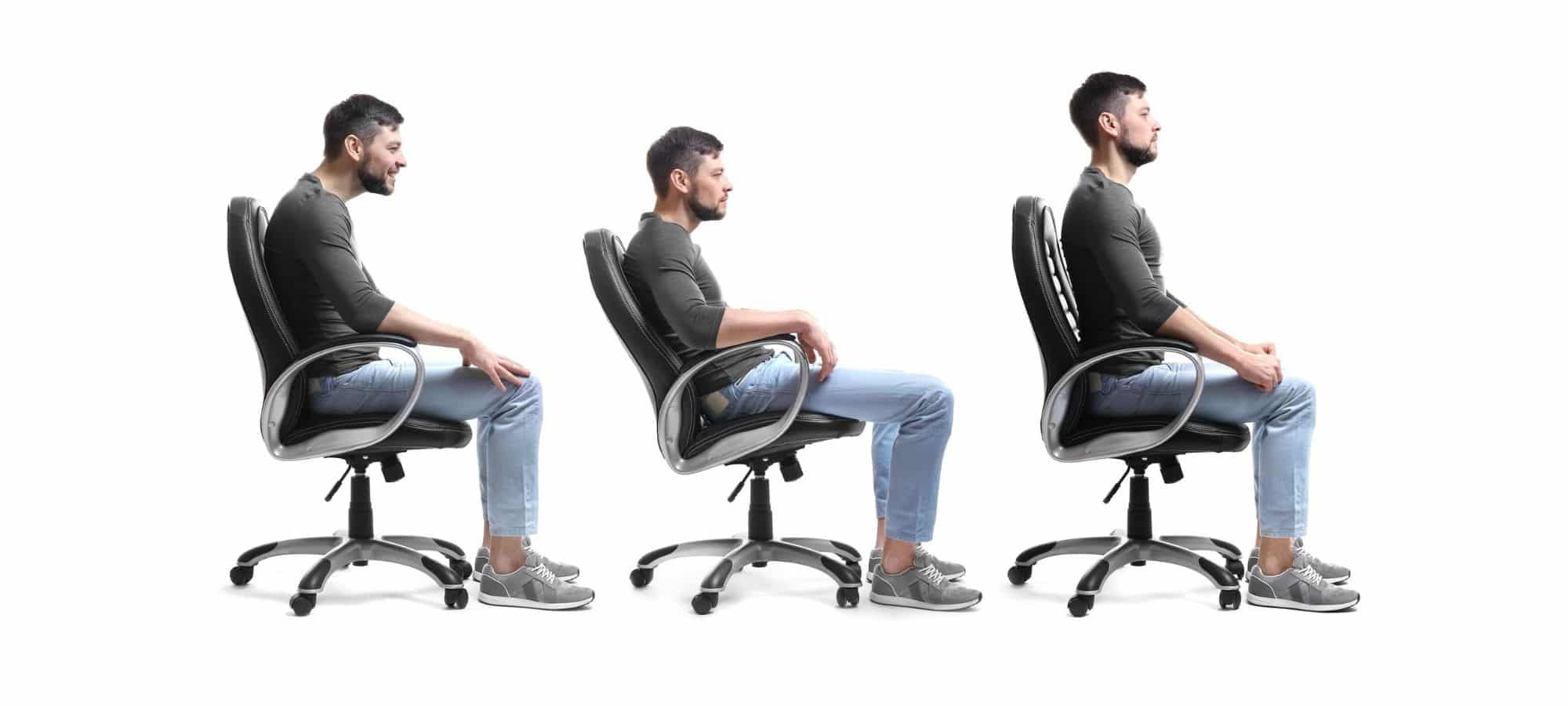Understanding Posture and Its Impact on Health
Good posture is more than just standing up straight; it’s a vital aspect of your overall health that impacts everything from your musculoskeletal system to your mental well-being. Dynamic posture ensures that your body functions efficiently, while postural stagnancy can contribute to chronic pain, decreased range of motion, and other health issues. In today’s digital world, where many of us spend hours sitting or hunching over devices, understanding the importance of posture is essential.
This blog post delves into how posture affects your health, the consequences of poor posture, and how kinesiology—a field closely related to physiotherapy—can help you correct postural imbalances and improve overall well-being.
What Is Posture?
Posture refers to the alignment of the body’s muscles and skeleton when you sit, stand, or lie down. Good posture maintains the natural curves of the spine, minimizes stress on the musculoskeletal system, and promotes efficient movement patterns. Key characteristics of good posture include:
- A neutral spine
- Shoulders aligned with the hips
- Even weight distribution
- A balanced head position
Why Good Posture Matters
Good posture is essential for overall health. Here’s why:
- Musculoskeletal Health: dynamic posture ensures that bones and joints are in alignment and exposed to a variety of movement opportunities. This allows the brain to assess environmental safety ( reducing the likelihood of pain) and promoting physiological effects such as joint lubrication and parasympathetic regulation. These in turn, reduce the risk of musculoskeletal issues such as back pain, joint pain, and muscular imbalances.
- Chronic Pain Prevention: Poor posture often leads to chronic pain, especially in the lower back, neck, and shoulders. By maintaining good posture, you can prevent or alleviate many forms of chronic pain.
- Efficient Movement Patterns: Good posture promotes efficient movement patterns, reducing the strain on muscles and ligaments and enhancing overall physical performance.
- Respiratory Function: A hunched posture can compress the diaphragm and restrict lung capacity, leading to shallow breathing and reduced oxygen intake. Good posture allows for optimal lung function and better breathing.
- Circulation and Digestion: Proper posture ensures that blood circulates efficiently throughout the body and that internal organs function properly. Poor posture can compress abdominal organs, leading to digestive issues.
- Mental Well-being: Studies suggest that posture can influence mood and mental health and vice versa. An upright posture has been linked to improved self-esteem and reduced stress, while slouching is associated with negative emotions.
The Consequences of Poor Posture
In today’s sedentary lifestyle, poor posture has become increasingly common, leading to various health issues:
- Back Pain and Other Musculoskeletal Problems: Poor posture is a leading cause of lower back pain and other musculoskeletal problems. Over time, it can cause the spine to become sensitive and painful. This in combination with a lifestyle low in general fitness can contribute to conditions such as sciatica and herniated discs.
- Muscular Imbalances: Poor posture can cause certain muscles to become overactive while others weaken, resulting in muscular imbalances that affect overall movement and posture.
- Limited Range of Motion: Postural imbalances can lead to tight muscles and restricted joint movement, reducing your range of motion and making everyday activities more challenging.
- Increased Risk of Injury: Poor posture can lead to improper movement patterns, increasing the risk of injuries, especially during physical activities.
- Fatigue: Poor posture forces the body to work harder to maintain balance, leading to increased fatigue and decreased energy levels.
How Kinesiology Can Help Correct and Improve Posture
What Is Kinesiology?
Kinesiology is the scientific study of human movement, encompassing various disciplines such as biomechanics, anatomy, and physiology. It’s closely related to physiotherapy and focuses on assessing and correcting movement patterns to improve overall health. Kinesiologists use a holistic approach to identify postural issues, address muscular imbalances, and develop customized exercise programs to correct poor posture.
The Role of Kinesiology in Posture Correction
- Postural Assessment: Kinesiologists perform detailed postural assessments to identify areas of imbalance and weakness. This may include observing how you stand, sit, and move, as well as testing muscle strength and flexibility.
- Customized Exercise Programs: Based on the assessment, a kinesiologist will develop a personalized exercise program aimed at correcting postural imbalances. This program may include stretching tight muscles, strengthening weak ones, and improving overall range of motion.
- Ergonomic Advice: Kinesiologists often provide advice on ergonomics, helping you set up your workspace or living environment to promote good posture. This might include recommendations for chair height, monitor placement, and proper sitting posture.
- Manual Therapy: Some kinesiologists use manual therapy techniques, such as massage or joint mobilization, to relieve tension, improve joint mobility, and support better posture.
- Ongoing Monitoring and Support: Posture correction is an ongoing process. Kinesiologists provide continuous support and adjustments to your exercise program, ensuring you make steady progress toward better posture and overall health.
The Science Behind Kinesiology and Posture Correction
Several studies highlight the effectiveness of kinesiology-based interventions for improving posture and alleviating chronic pain:
- Musculoskeletal Improvements: Research published in the Journal of Back and Musculoskeletal Rehabilitation found that participants in a kinesiology-based program experienced significant improvements in posture and a reduction in chronic back pain.
- Enhanced Range of Motion: A study in the Journal of Physical Therapy Science demonstrated that kinesiology-based exercises improved the range of motion and reduced muscular imbalances in individuals with forward head posture.
- Chronic Pain Relief: According to the Journal of Orthopaedic & Sports Physical Therapy, kinesiology-based interventions significantly reduced chronic pain in participants by correcting postural imbalances and improving movement patterns.
- Improved Respiratory Function: Research in the International Journal of Osteopathic Medicine showed that postural correction through kinesiology improved respiratory function, particularly in individuals with a hunched posture.
Practical Tips for Maintaining Good Posture
In addition to working with a kinesiologist, there are several steps you can take to improve and maintain good posture:
- Be Mindful of Your Posture: Regularly check your posture throughout the day, whether you’re sitting, standing, or moving. Make small adjustments to offer the body a variety of movement options.
- Ergonomics: Set up your workspace to promote good posture. Ensure that your chair, desk, and computer are at the right height to keep your spine in a neutral position.
- Strengthen Your Core: A strong core is essential for maintaining good posture. Include exercises that target the abdominal muscles, lower back, and hips in your routine.
- Stretch Regularly: Stretching can help relieve muscle tightness and improve flexibility, making it easier to maintain good posture. Focus on stretching the chest, shoulders, and hip flexors.
- Stay Active: Regular physical activity helps maintain muscle balance and flexibility, which are crucial for good posture. Incorporate a variety of activities, including strength training, cardio, and flexibility exercises.
- Use a Supportive Mattress and Pillow: Your sleeping posture is just as important as your waking posture. Choose a mattress and pillow that support the natural curves of your spine.
Conclusion
Posture plays a crucial role in your overall health, influencing everything from musculoskeletal function to mental well-being. Poor posture can lead to chronic pain, reduced mobility, and impaired bodily functions, but the good news is that it can be corrected. Kinesiology offers a comprehensive approach to assessing, correcting, and improving posture, helping you to address the root causes of poor posture and achieve better health.
Whether you’re experiencing chronic pain, recovering from an injury, or simply looking to improve your posture for long-term health benefits, working with a kinesiologist like those at South Island Physiotherapy can provide you with the tools and support you need to achieve good posture and overall well-being.

